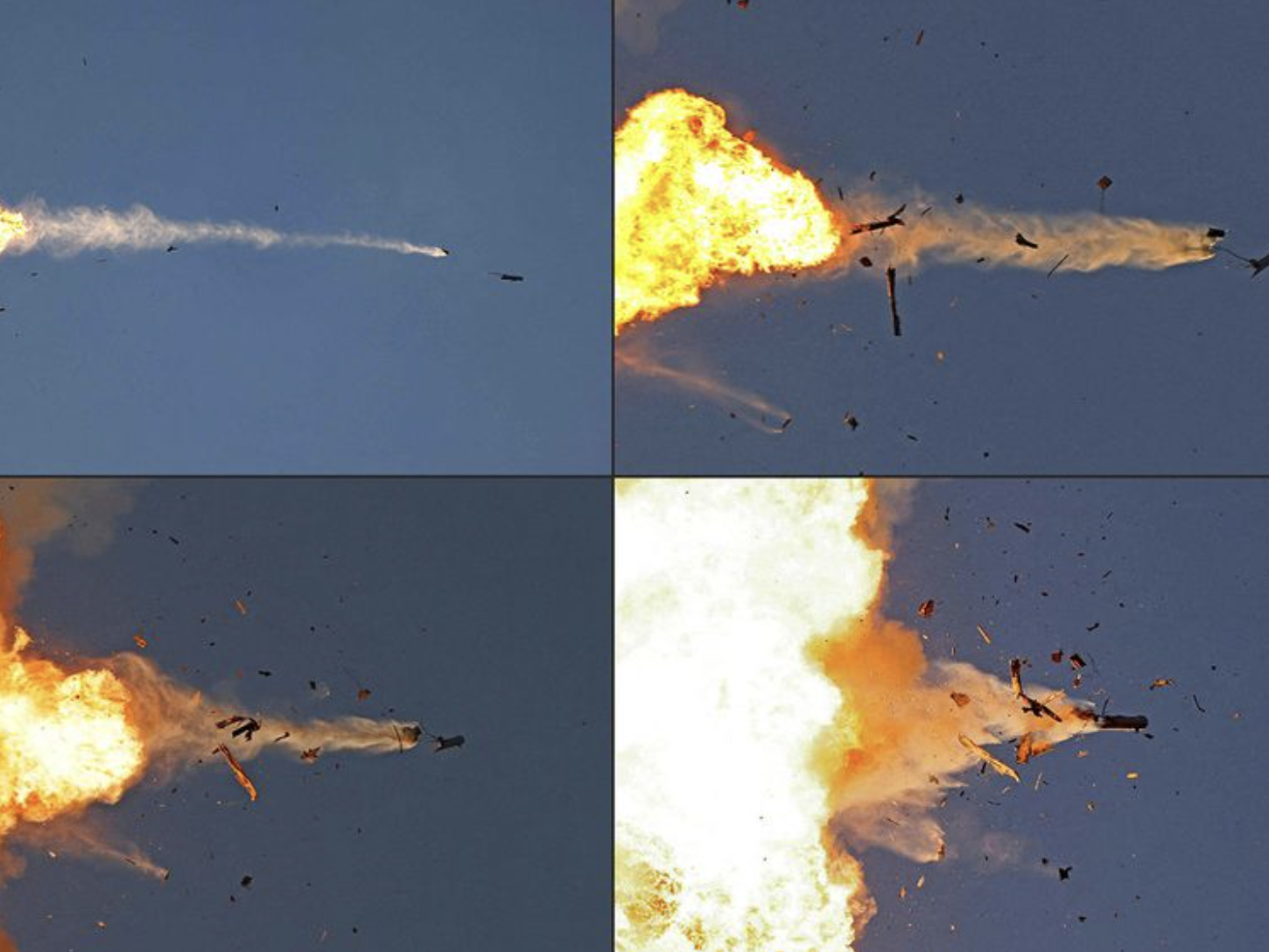Pre-emptive strikes and retaliation lead to significant casualties as fears of a wider conflict grow.
In a significant escalation of hostilities, Israel launched a series of pre-emptive airstrikes across southern Lebanon early Sunday to thwart what it described as a large-scale rocket and drone attack by Hezbollah. The Israel Defense Forces (IDF) reported that the strikes targeted thousands of rocket launchers belonging to the Iran-backed militant group.
According to Israel’s military, approximately 100 fighter jets carried out the attacks, destroying numerous rocket launcher barrels in more than 40 locations throughout southern Lebanon. The strikes were conducted following “extensive preparation” and the detection of plans for a large-scale aerial attack by Hezbollah, stated IDF spokesperson Rear Admiral Daniel Hagari.
Hezbollah, along with its allies from the Amal movement, confirmed that three of its fighters were killed in the Israeli airstrikes. Despite the pre-emptive strikes, Hezbollah claimed it managed to retaliate by firing 320 rockets and drones into Israel, following the assassination of a senior commander. Israel’s military confirmed that one Israeli navy soldier was killed in the exchange.
#HEZB0LLAH attacked #Israel with 300 rockets.
When will this war end?
A lot of lives have already been lost, how much more bloodshed before senses prevail??#Israel #Palestine pic.twitter.com/QTnKvHVoxW
— Amit Jalali (@jalali_amit) August 25, 2024
The United States has expressed concerns over the escalating conflict, emphasizing the need to prevent further escalation after 10 months of heightened tensions. These hostilities have prompted fears of a broader conflict, potentially leading to a full-scale war.
Since the war between Israel and Hamas in Gaza began on October 7, there have been frequent cross-border exchanges of fire between Israel and Hezbollah. The ongoing conflict has already caused significant casualties on both sides. According to Lebanon’s health ministry, over 560 people, the vast majority being Hezbollah fighters, have been killed since October. In Israel, 26 civilians and 23 soldiers have died, as reported by authorities.
The United Nations reports that the violence has displaced nearly 200,000 people on both sides of the Israel-Lebanon border. The intensity of Israel’s attack on Hezbollah positions around 04:30 (01:30 GMT) on Sunday marks its most significant offensive against the group since their full-scale war in 2006.
Lebanon’s state-run National News Agency detailed that Israeli aircraft struck multiple locations, including Beaufort Castle, Bir Kalb, and areas surrounding the towns of Ain Qana, Kfar Fila, Louaizeh, Bsalia, Kfar Melki, Sajd, and Sarba.
In parallel, the latest round of US-backed peace talks in Cairo aimed at achieving a ceasefire in Gaza concluded without any breakthrough. Before leaving, Hamas accused Israel of imposing new conditions and backtracking on prior agreements. Israel, however, denied any change in its stance since the last round of negotiations in early July.
Hezbollah has publicly stated that its actions are in support of Hamas, a Palestinian group also backed by Iran. Both Hamas and Hezbollah are designated as terrorist organizations by Israel, the UK, and several other countries.
As the conflict continues, international observers and diplomats express growing concerns over the potential for a broader regional conflict, urging all parties involved to seek a diplomatic resolution.
UAE Airlines Cancel Tel Aviv & Beirut Flights Amid Escalating Israel-Hezbollah Conflict





